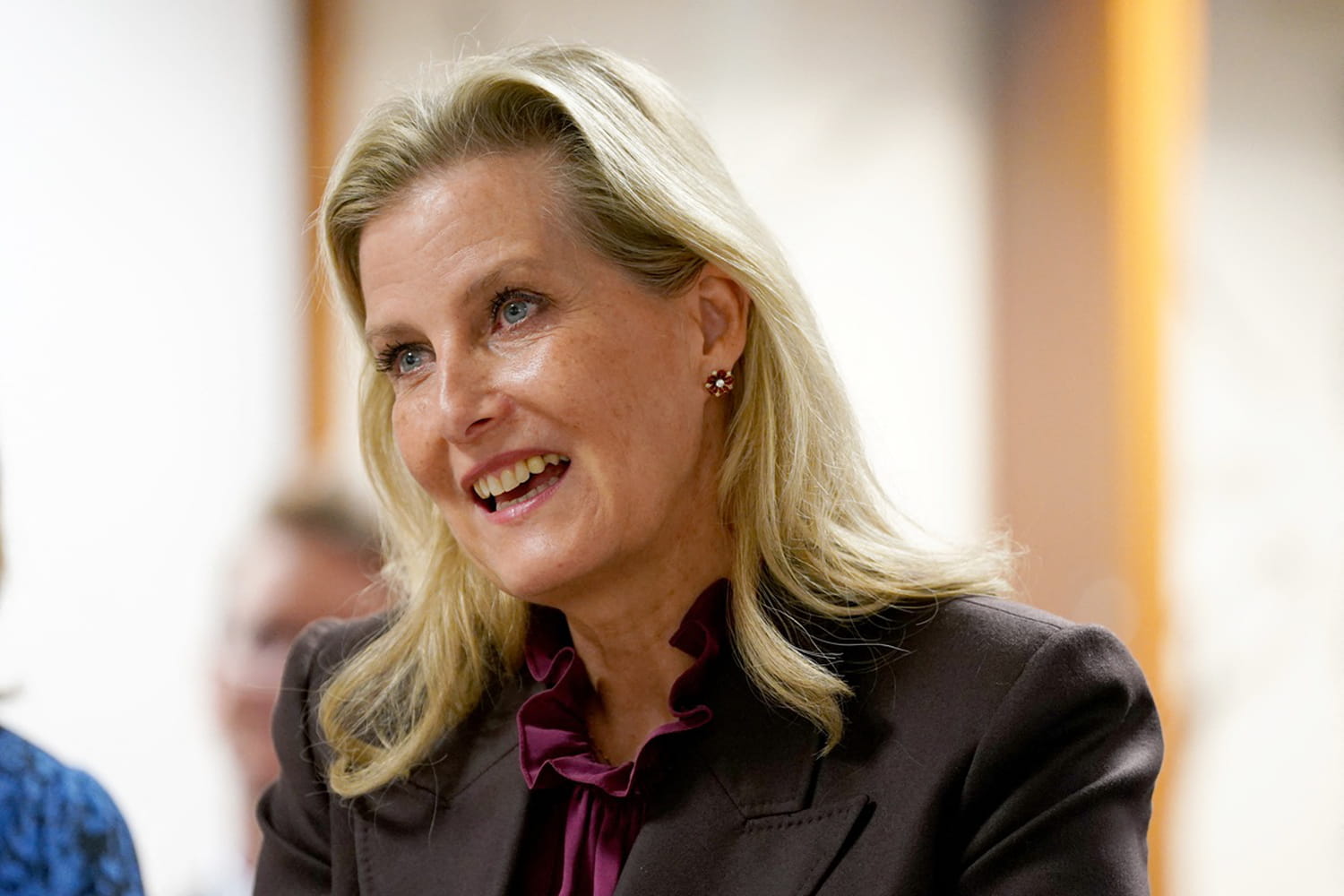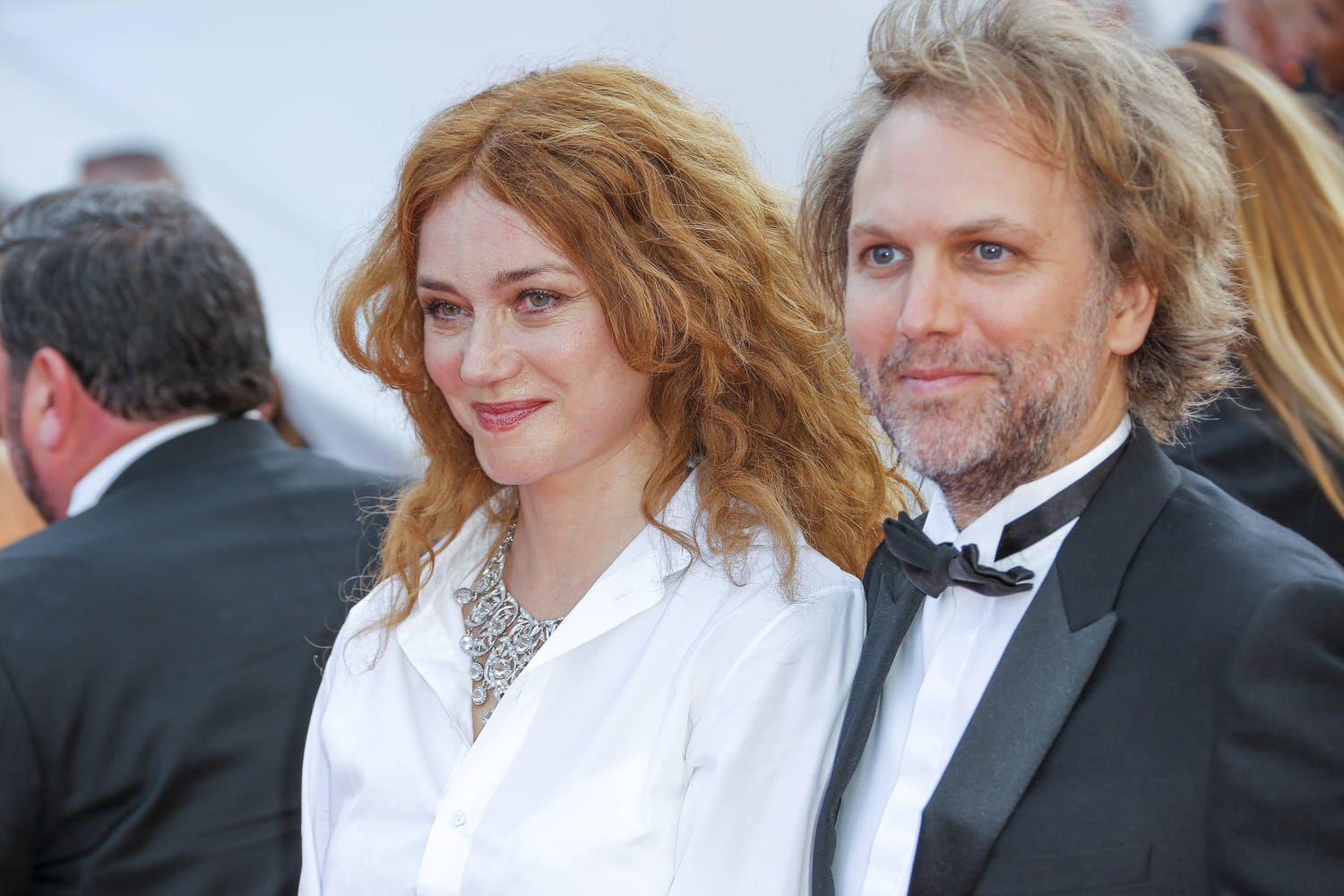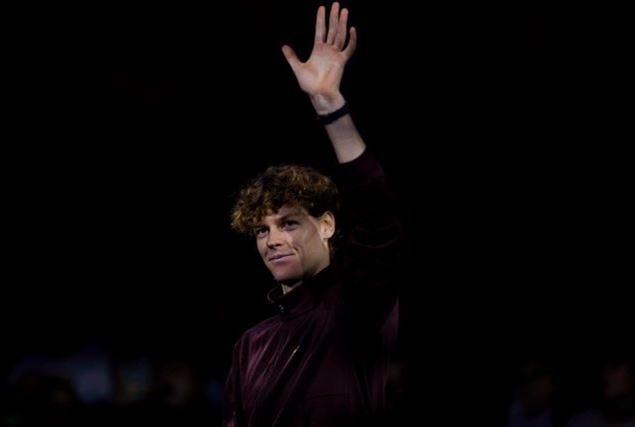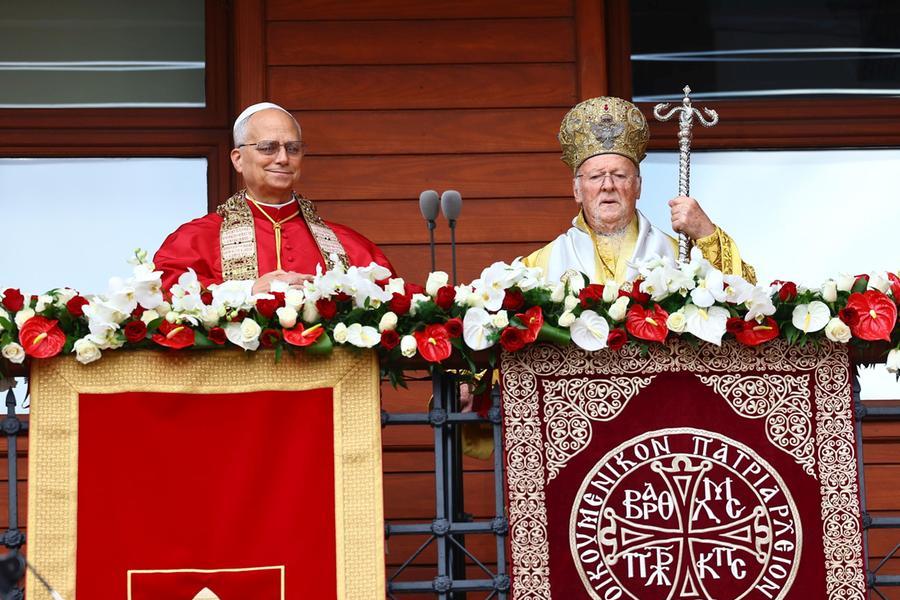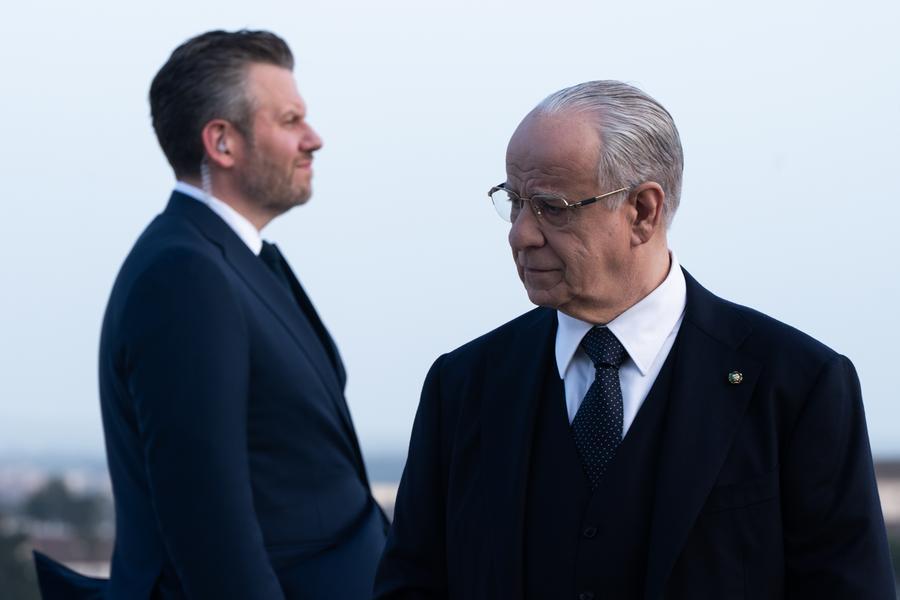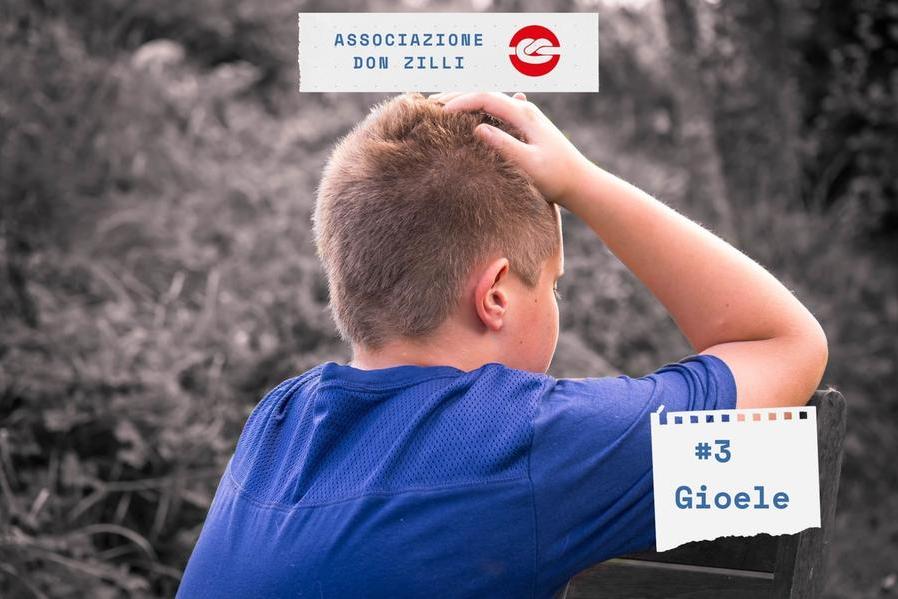Jannik Sinner greets the public by waving his right hand immediately after the Vienna tournament, having just come from behind to win against Alexandre Zverev, a gesture of sober celebration, as usual. The photo of that gesture from his official Instagram profile goes viral, the Internet goes wild with it. What attracts attention is not so much the success or the gesture, but the palm of the right hand. At first you would say it was dirty with red clay, but the Vienna tournament is played indoors on concrete: those red marks are the calluses, the pressure of the racket held day after day.
The hand is the emblem of the effort and daily commitment of manual work, which, although highly paid, cannot be avoided or delegated. It hits that hand because it reminds the world that success in a field in which one must demonstrate (this applies to sport, music, study…) is a conquest of daily effort, which has also been pain because before such a callus matures abrasions, blisters and sores are taken into account: an effort that cannot be delegated to others or anything else, nor replaced by any device, by any surrogate, by any AI, by any shortcut, but that when the games they make tough backs in terms of physical and mental training to resist.
An encrypted message, perhaps involuntary, which goes against the grain in days in which judicial documents citing non-existent precedents make the news, perhaps the result of interventions by Artificial Intelligence, unmasked by the Supreme Court and the Regional Administrative Court; in a time when university professors live with the suspicion that written exams can be rigged by the use of hidden electronic devices; in a historical phase in which we delude ourselves that it is enough to copy the homework from Google, because we are tempted to believe that the effort of studying is useless, so strong is the temptation to believe that carrying a smartphone in your pocket to question if necessary is a valid substitute for the acquisition of knowledge.
The short ball, so effective today in Sinner’s game, and now become natural as the player himself admitted in Vienna, is not the result of pure talent, of instinctive naturalness, but of effort, of work, of infinite repetitions, of trials and errors, of patience and frustration, of conquest at the price of commitment, of self-sacrifice, of boredom. All words a little out of fashion in a historical time, in which – the experts teach us – it is often the adults themselves who remove the concepts of fatigue and frustration from the experience of growing up.
While it is only by training yourself to do what you are not already familiar with and does not come easily that you really learn, as every good teacher encountered in life has shown us.
The path that took the boy who hit all the balls and knew only suffocating pressing from the baseline to the top of world tennis is the meticulous daily conquest of missed shots: the short ball that now exists, now completely automated; the volleys that are in excellent shape and when necessary lead the point even if they may still reveal room for improvement; the service increasingly effective but still being refined. Bricks rough-hewn and acquired at the game construction site one repetition at a time, of which the marks on the hand, together with the game that progressively gets richer, are proof.

